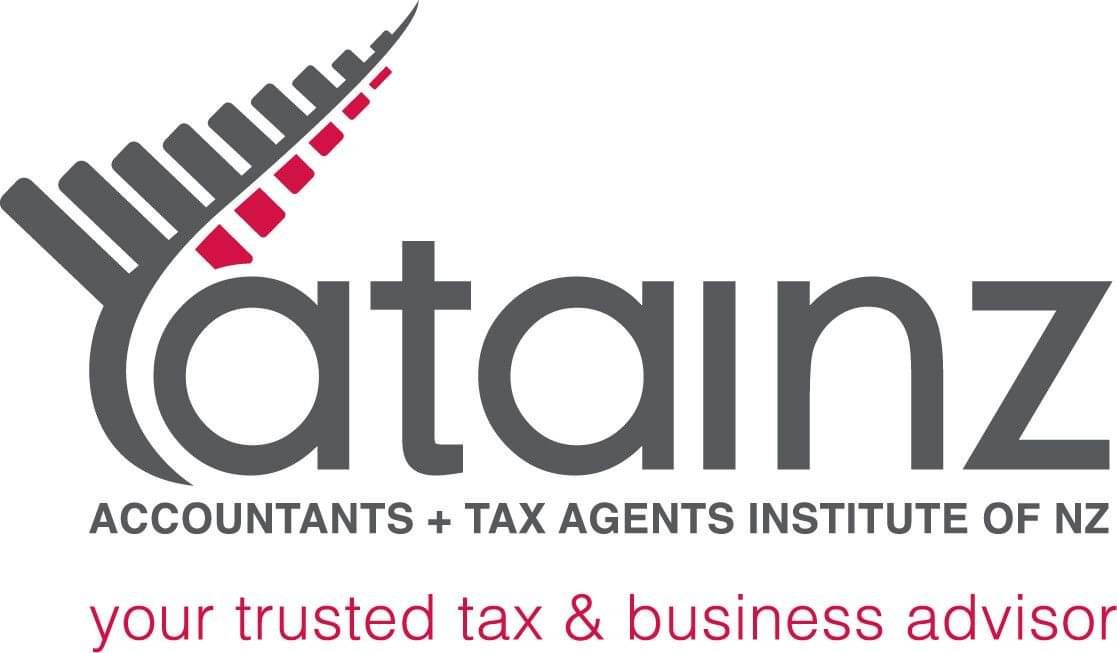Why does your business exist?
Your purpose is three to seven words explaining why your business exists for your customers; it should be about them, not you. It is a small statement with immense power - your reason for being.
EXAMPLES:
Tesla: To accelerate the world's transition to sustainable energy.
Netflix: To entertain the world.
Zoom: To make video communications frictionless and secure.
These may be big company examples, but a clear purpose statement is just as important for small and medium sized business.
A well-defined purpose statement is an antidote to narcissistic by-lines of the past... because we know that consumers are wired to take a self-interest and therefore will engage your business if your ‘why’ resonates with them. Thereafter, your purpose will drive the alignment of values and loyalty.
If you don’t focus on purpose, you’re likely to focus on profit.
Guess what? Your customers aren’t interested in you making a profit. They’re too worried about their own profit. They are more than happy for you to make a profit - provided you meet their needs first.
The correlation between a business’s ability to serve a higher purpose and stronger financial performance has been proven. So, defining your purpose is a smart business strategy.
It comes down to engagement with your team and your customers.
Numerous studies have told us that a strong sense of purpose drives team satisfaction, which will help to improve customer loyalty.
Articulating your business’s purpose to your team allows them to see that they’re contributing to something bigger than themselves. Linking your purpose to their tasks and responsibilities allows them to see their connection to the outcome; how their role is contributing to the overall vision of the business and how they’re impacting your customers’ lives.
If we focus on meeting (and exceeding) customer needs, better profitability will be a by-product.
Getting clear on your purpose will transform your marketing. Being able to clearly articulate why you exist for your customers will tie them to your brand and make them more inclined to refer you to others. When that new customer does their due diligence, i.e. they stalk your website and social media, it’s more likely they’ll develop an emotional connection to your business and buy from you.
Your purpose must first be defined by the leaders.
Only when your purpose is crystal clear can you articulate it to your team and then your customers and target audience.
Having a clear purpose is also about sustainability. There is mounting evidence that in these times of change and disruption, having a clear purpose will improve a business’s ability to transform and adapt.
So, what’s your purpose? Need help defining it? We can help.
“People don’t buy what you do, they buy why you do it.” - Simon Sinek






